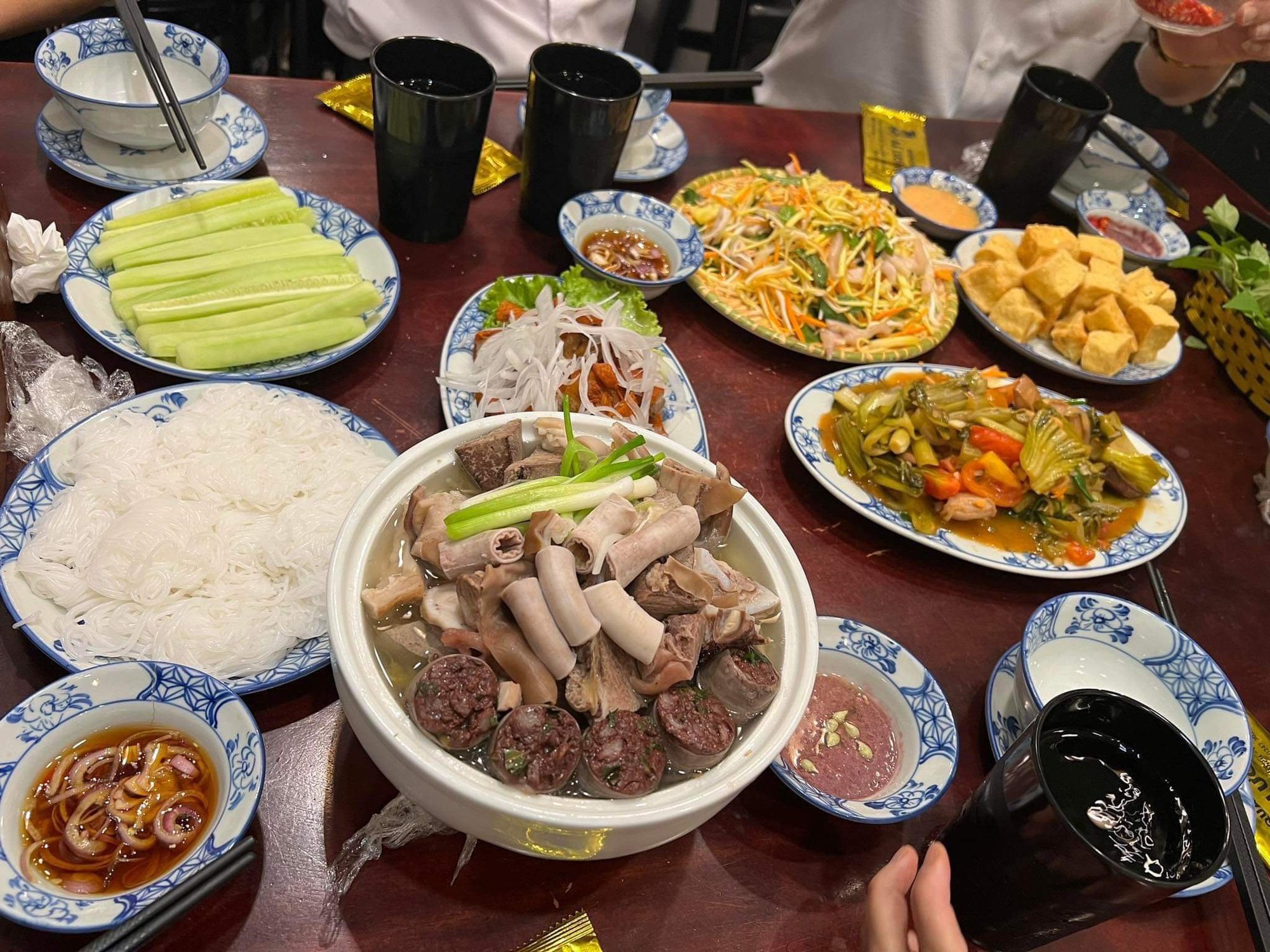
Pig intestines are a favorite dish of many Vietnamese people - Photo: NAM TRAN
Small intestine or large intestine is more risky?
According to Associate Professor Nguyen Anh Tuan - Head of the Department of Digestive Surgery - 108 Military Central Hospital, animal organs in general provide nutrients such as protein, vitamins (B12) and minerals (iron, zinc). Nutritional value may vary depending on the type of animal organs.
In which, the small intestine is the first part of the animal's intestine, often considered the soft part and has a thin structure. The small intestine is considered a popular dish and has nutritional value such as protein, fat, vitamins and minerals.
However, this part can also contain contaminants from food or the environment, especially when the animal is not properly raised and processed.
The large intestine is part of the animal's digestive system, which absorbs excess water and nutrients. Old pig intestines can contain waste and debris, posing a greater risk of contamination or disease.
Doctor Le Van Thieu - Department of General Infection, Central Hospital for Tropical Diseases - also said that the small intestine of pigs contains many nutrients but the presence of toxic substances from the environment or pig food cannot be denied.
Meanwhile, the large intestine of pigs is where waste from the digestive process is stored. Therefore, this part has a higher risk of containing dirt and toxic substances.
"No matter what type of pig intestines we eat, food safety and hygiene must be the top priority, because both small and large intestines pose potential health risks," Dr. Thieu analyzed.
Doctors recommend that to ensure safety and avoid infection, it is necessary to ensure that the animal is raised and processed safely, complying with food hygiene regulations.
If not properly prepared or cooked, intestines can contain bacteria, parasites or other harmful substances, leading to digestive disorders, poisoning or dangerous diseases.
"Protein-rich foods such as intestines are an ideal environment for food-poisoning bacteria to grow. Therefore, even if cooked, if left out in the environment for a long time, they can easily become contaminated," said Dr. Thieu.
Eating too much offal can be harmful.
Dr. Anh Tuan said that animal entrails often have high fat content and contain cholesterol, so consuming too much will cause high blood cholesterol, cardiovascular disease and other health problems.
In addition, Dr. Thieu also recommends that some people should limit or not eat animal entrails such as people with gout, because high levels of uric acid in the blood due to pig entrails can cause joint pain and swelling.
People with heart problems or high blood fat, because high cholesterol in pork intestines can cause hyperlipidemia.
People with poor digestive systems, because the fat in pork is difficult to digest, not suitable for people with digestive problems.
Obese or overweight people should also limit their intake because the high amount of calories in pork intestines will increase overweight and obesity.
People with hepatitis should also limit their intake of animal entrails. Consuming pig entrails can overload the liver, especially if the liver is not functioning properly.
In addition, pregnant women should also avoid eating dishes made from pig intestines to prevent the risk of infection and viruses and parasites (worms, flukes) that can affect the fetus.
Source



![[Photo] Prime Minister Pham Minh Chinh meets with Speaker of the Hungarian National Assembly Kover Laszlo](https://vphoto.vietnam.vn/thumb/1200x675/vietnam/resource/IMAGE/2025/10/20/1760970413415_dsc-8111-jpg.webp)
![[Photo] National Assembly Chairman Tran Thanh Man holds talks with Hungarian National Assembly Chairman Kover Laszlo](https://vphoto.vietnam.vn/thumb/1200x675/vietnam/resource/IMAGE/2025/10/20/1760952711347_ndo_br_bnd-1603-jpg.webp)
![[Photo] Chairman of the Hungarian Parliament visits President Ho Chi Minh's Mausoleum](https://vphoto.vietnam.vn/thumb/1200x675/vietnam/resource/IMAGE/2025/10/20/1760941009023_ndo_br_hungary-jpg.webp)
![[Photo] Solemn opening of the 10th Session, 15th National Assembly](https://vphoto.vietnam.vn/thumb/1200x675/vietnam/resource/IMAGE/2025/10/20/1760937111622_ndo_br_1-202-jpg.webp)

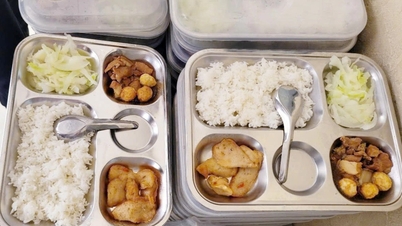

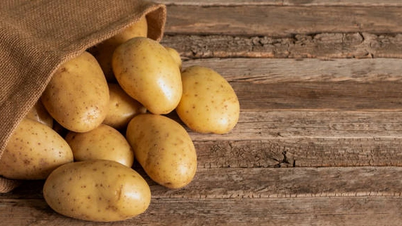

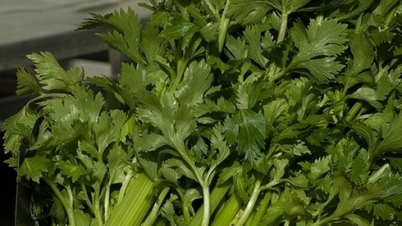

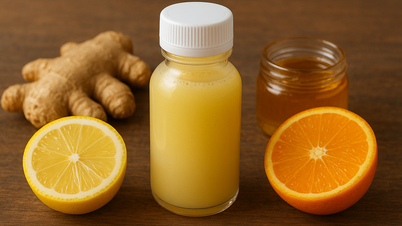
























![[Photo] The Steering Committee of the 2025 Fall Fair checks the progress of the organization](https://vphoto.vietnam.vn/thumb/1200x675/vietnam/resource/IMAGE/2025/10/20/1760918203241_nam-5371-jpg.webp)









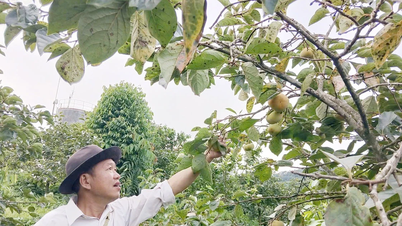















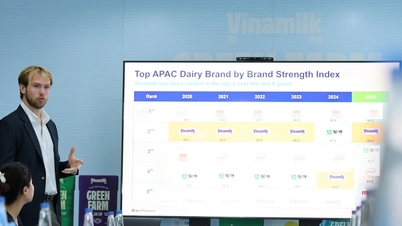













































Comment (0)